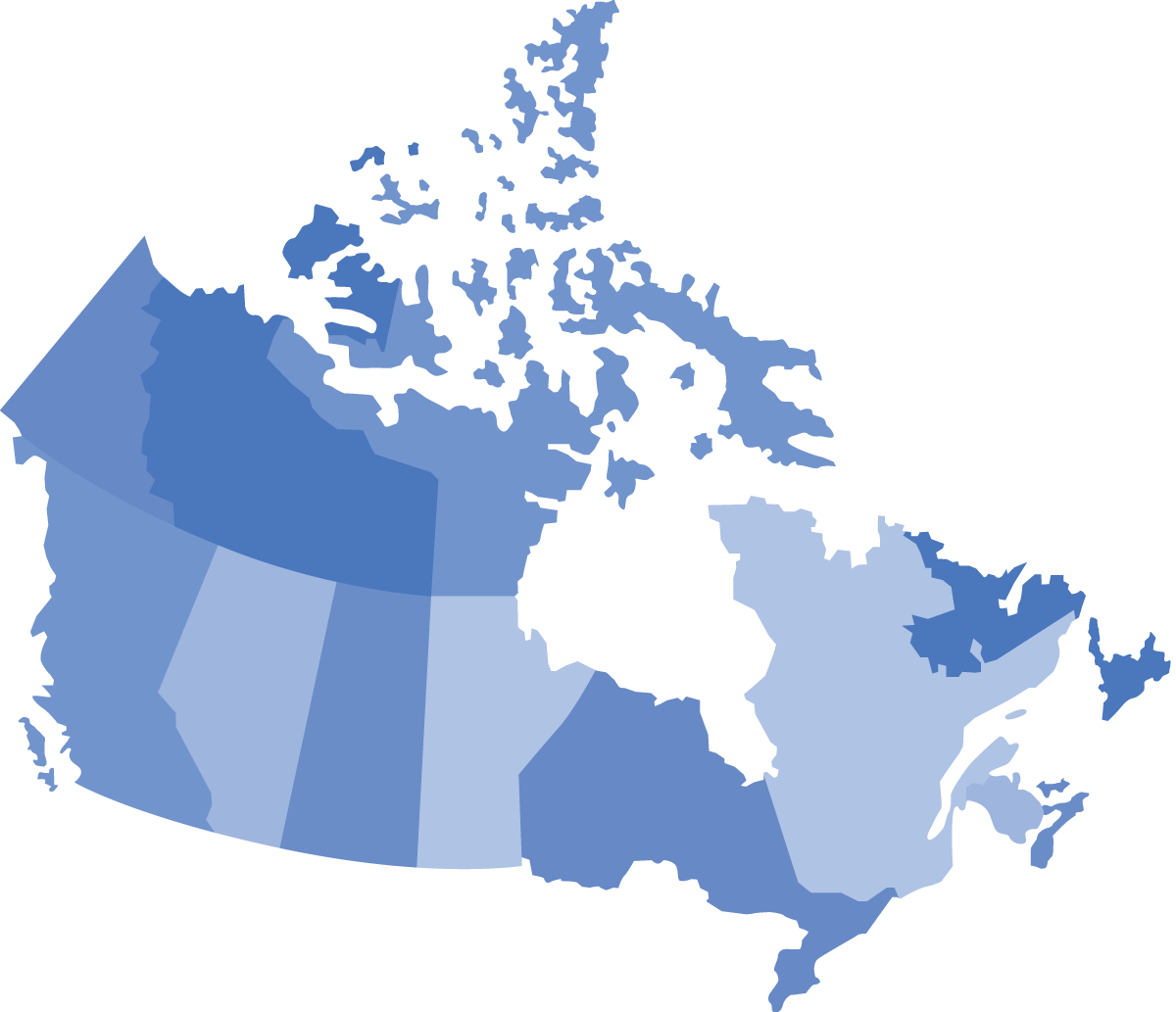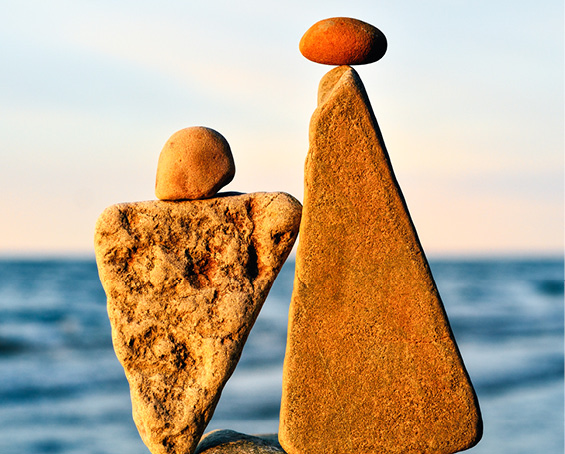-
Understanding Grief ›
-
- Truths about grief
- What grief looks and feels like
- Common challenges with grief
- Grieving before the loss
- Ideas for living with loss
- Grief triggers
- How long grief lasts
- How the loss affects families and others
- When life starts to get better
- Special dates
- Rituals, funerals, and memorials
- Do I need more help?
- Prolonged grief
-
-
Grieving a Death ›
-
Non-death Loss ›
-
Supporting Someone ›
-
Professionals & Volunteers ›
-
Resources & More ›
Grieving a friend
The death of a friend is a significant loss, and one that may not always be fully recognized or acknowledged by people around you. We often have deep connections with friends, especially if we’ve grown together through important life experiences and events. You may have known your friend since childhood, or your friendship may be newer. You may have expected you would always be part of each other’s lives, with a chance to grow old together. One of the most painful aspects of your grief may be knowing that you will never have another relationship just like this one. Each relationship is a unique expression of the people in it, and grief is the same.
“She was my best friend since Kindergarten. When she died, lots of people didn't seem to understand what a huge loss it was for me.”
Some people may not understand the depth or meaning of your loss. You may get messages that your relationship or their death is less significant than if it was a family member. "The depth of your grief has nothing to do with whether you were biologically related. Your grief is valid, and is as unique and meaningful as your friendship."
Other Losses
You may also experience what are known as “secondary losses” alongside the death of your friend. These may include:
- Your relationship with their family
- Your friend’s role as a confidant
- The way your friend completely knew you
- The acceptance and love you felt
- Their practical or special knowledge and support
- Their familiar and easy companionship
Mortality
If you and your friend who died were a similar age, you may find yourself thinking more about your own death, and how you are leading your life. Your friend who died may have been the person you’d want to talk with about this.
How others respond
Your friend’s death may affect other people and your relationships with them.
Your other friends and family
- Some of your friends and family may have known the person who died, and others may not have. Some may be grieving alongside you. Some may provide you with comfort and support, while others may not ‘be there’ in ways that you thought they would be.
Your friend’s family
- They may be open and welcoming and want to have you around.
- They may enjoy hearing your stories and memories and appreciate learning more about their person through your experience.
- They may be more private and not want to include you in their memorial activities.
- You may feel comforted being with others who cared about your friend, and at other times it may feel overwhelming.
Know your grief is real and deserves to be honoured and supported, even if others don’t acknowledge the importance of your loss.
Give yourself the time and space to grieve. If you need support, seek help from a healthcare provider or grief counsellor.
- Most importantly, acknowledge the loss.
- Listen and validate the significance of the relationship with their friend.
- Ask if they would like to tell you about them or share some of their memories of their friend.
- Share your memories of the person who died, if you knew them.
- Offer support with practical tasks. Rather than saying “let me know what I can do”, offer to do something specific like grocery shopping, making a meal, childcare, yard work, etc
- Provide emotional support by spending time and listening with compassion and patience.
- Ask and listen carefully about how you can be most helpful.
See also:
If you feel overwhelmed or “stuck” please talk to a health professional or trusted leader in your community such as a doctor, chaplain, nurse practitioner, social worker or school administrator. These trusted people may be able to connect you with appropriate programs, resources, and other forms of needed support such as grief counselling or medical care. You may be able to access counselling services if you have an Extended Health Plan, or through an employee assistance program. It will be important that they have experience in grief counselling. If you have thoughts of or plans to harm yourself or others, go to your nearest Emergency Department, call your local Crisis Line, or call or text 9-8-8 if you are in Canada. It is essential that you reach out for help.
See also:
- Do I need more help?
- MyGrief.ca Module 8 - Do I need more help and where to find it
You may be feeling the loss of your friend very deeply, knowing that you will never again have the same relationship with someone else; or you may be struggling with conflicting thoughts and feelings about the relationship. You may notice other losses related to your friend’s death. These may or may not be recognized by others. Understanding and honouring the meaning of this friendship is an essential part of your grief.
See also:
- MyGrief.ca Module 15 - When your friend has died
Video Gallery
Resources
Stephanie Baker tells the story of losing her best friend a year before and how the grief still impacts her. Tells her story of learning there is no timeline for grief and mourning the experiences she ... Read more
Talks about common emotions to feel after your friend dies, and what can help when a friend dies.
Talks about how to cope with the death of a close friend, what the death of a friend can feel like, why your grief is important and how to support yourself after the death of a friend.
Ida, Always is an exquisitely told story of two best friends—inspired by a real bear friendship—and a gentle, moving, needed reminder that loved ones lost will stay in our hearts, always.
Stephanie Baker tells the story of losing her best friend a year before and how the grief still impacts her. Tells her story of learning there is no timeline for grief and mourning the experiences she ... Read more
Talks about common emotions to feel after your friend dies, and what can help when a friend dies.
Talks about how to cope with the death of a close friend, what the death of a friend can feel like, why your grief is important and how to support yourself after the death of a friend.
Ida, Always is an exquisitely told story of two best friends—inspired by a real bear friendship—and a gentle, moving, needed reminder that loved ones lost will stay in our hearts, always.


